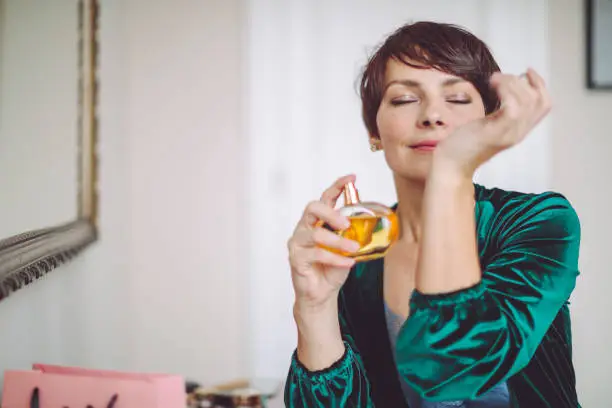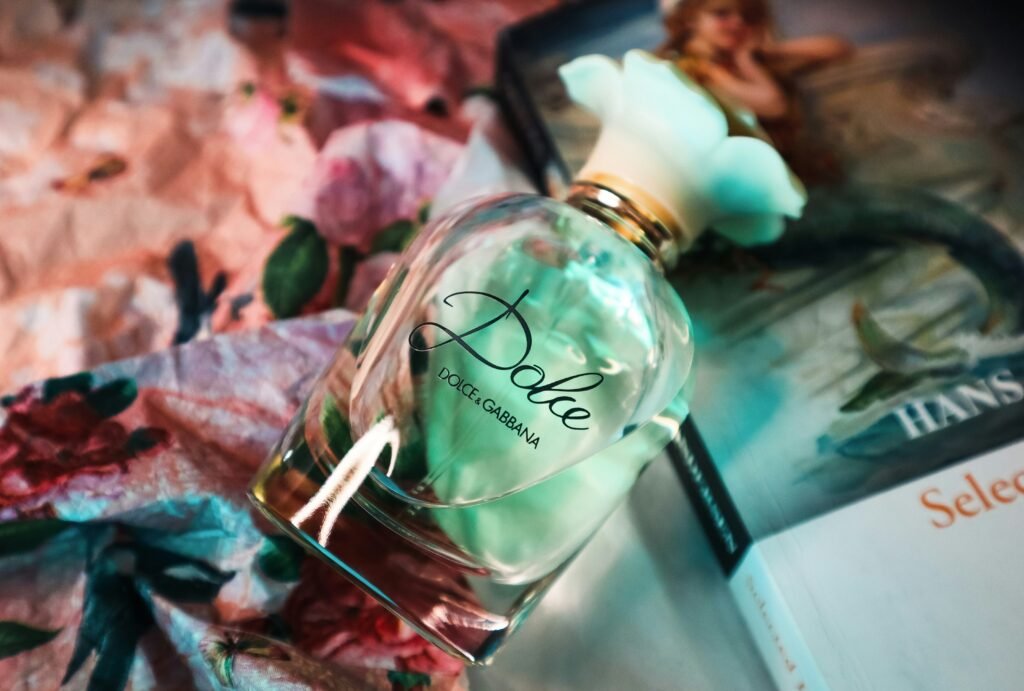Our Location
Islamabad, Pakistan
Perfumes are more than just a way to smell good—they’re an art form, a science, and a cultural phenomenon. Let’s dive into the fascinating world of fragrances and uncover some lesser-known facts about perfumes.
Did you know perfumes date back thousands of years? Ancient Egyptians were among the first to use perfumes for rituals and daily life. The word “perfume” itself comes from the Latin phrase per fumum, meaning “through smoke,” which refers to the use of incense in religious ceremonies.
Perfumes have always been more than just a luxury. They evoke emotions, enhance confidence, and even have the power to bring back memories. It’s no wonder they’ve remained a staple in human culture.

Perfumes are a blend of essential oils, alcohol, and water. The essential oils provide the fragrance, while the alcohol helps disperse the scent when sprayed.
Essential oils like lavender, rose, and sandalwood are key ingredients in many perfumes. These oils are extracted from plants and flowers, making them the heart of a perfume’s composition.
Natural ingredients are sourced from plants and animals, while synthetic ones are created in laboratories. Both have their pros and cons—natural ingredients offer authenticity, while synthetic ones provide consistency and sustainability.
Creating a perfume is like composing a symphony. Perfumers, or “noses,” carefully blend ingredients to achieve a harmonious scent.
Perfumes are structured in three layers:

From Cleopatra’s love for rose water to the use of frankincense in religious rituals, perfumes played a vital role in ancient cultures.
Today, perfumes are a billion-dollar industry, with fragrances tailored to every personality, mood, and occasion.
The most expensive perfume, Shumukh, costs over $1 million and features rare ingredients and a bottle adorned with diamonds.
Your skin’s pH and natural oils interact with a perfume, making it smell unique on each person.
Chanel No. 5 is arguably the most iconic perfume, revolutionizing the industry with its blend of synthetic and natural ingredients.
Perfumes fall into categories like floral, woody, fresh, and oriental. Knowing your preference makes it easier to choose the right scent.
Always test perfumes on your skin, not paper strips. Give it a few hours to experience all the notes.
Keep perfumes away from sunlight and heat to preserve their quality. A cool, dark place is ideal.
Unopened perfumes can last for years, but once opened, their shelf life is typically 3–5 years.
With growing environmental awareness, brands are now creating sustainable perfumes using biodegradable packaging and responsibly sourced ingredients.
Innovations like AI-driven scent creation and customizable fragrances are shaping the future of perfumery.
Perfumes are a fascinating blend of history, science, and art. They’ve evolved from ancient rituals to modern-day luxury, remaining an integral part of our lives. Whether you’re a fragrance enthusiast or a casual user, there’s always more to discover about perfumes.